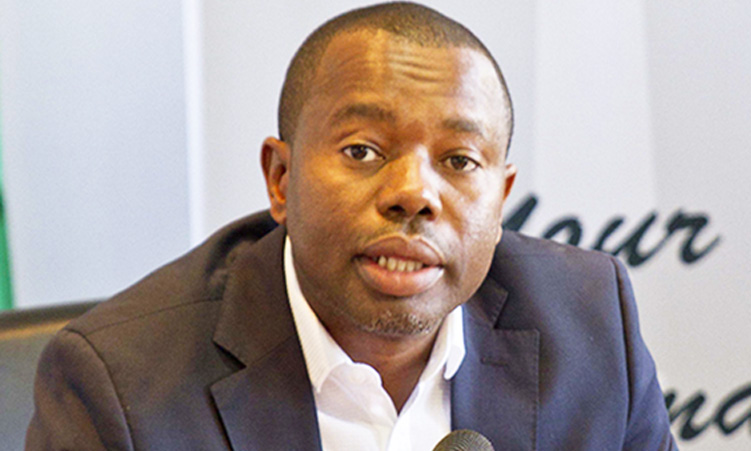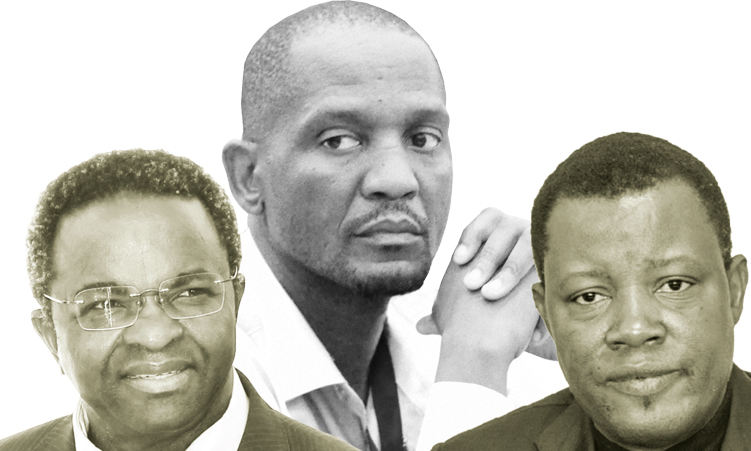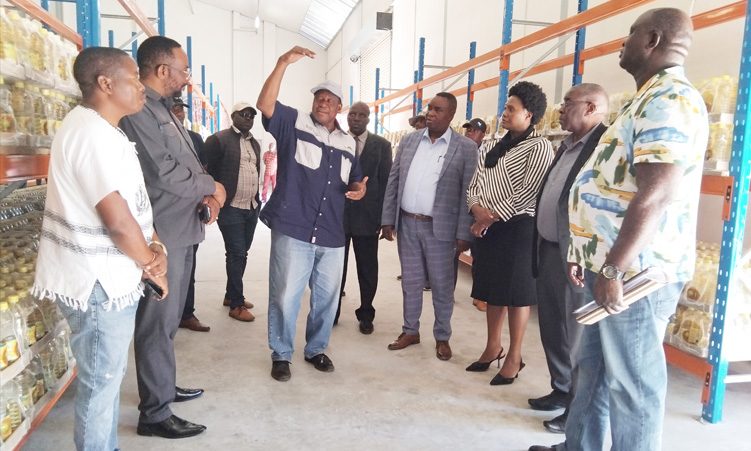Ali Ipinge, the chief executive of the Road Fund Administration (RFA), says the administration has a funding gap of N$3,6 billion, hampering its ability to keep funding road rehabilitation and maintenance.
The fund relies heavily on the collection of road user charges, fuel levies and cross-border charges to sustain its operations.
Ipinge was addressing stakeholders at a local hotel where the state-owned company was holding consultations to develop its business plan for 2025 to 2029.
“Currently we have received a N$7 billion funding request, and after review we deemed N$6,8 billion as economically efficient, however, only N$3,2 billion could be funded. This leaves a funding gap of N$3,6 billion,” he said.
To avert its current funding challenges, the RFA is proposing a 100 cents increase in fuel levies, a 20% increase in mass distance charges, 20% increase in cross-border charges, 20% increase in abnormal load charges, a 10% increase in road carried permits, and no increase in vehicle registration fees.
Ipinge said due to persistent under-funding over the years, no road assessment has been conducted since 2019.
“Funding towards road condition assessment was prioritised under the previous business plan, and the Roads Authority is traversing the country to collect the necessary data expected at the end of the current financial year for future business plans,” he said.
He said the current fuel levy is standing at N$1,78 per litre and is below the adjusted benchmark of N$2,58 per litre.
“With the negotiated increases, the levels of road user charges have remained inadequate to achieve the objectives of RFA,” Ipinge said.
He said due to the state of the road network and the large funding gap, vehicle maintenance cost has increased from N$2 billion to N$19 billion in 2022.
“For every N$1 not spent on maintenance, road users spend an additional N$2,90 on vehicle operating costs. Therefore it is in the public’s interest to increase road user charges to cover maintenance needs,” he said.
The RFA said it would need N$77 million for network planning , N$1,43 billion for gravel roads, and N$900 million for paved roads.
It would also require about N$220 million for low-volume seals, and N$210 million for miscellaneous maintenance, while the Baynes Road alone would need N$250 million, and the Divundu-Mohembo road would require N$110 million.
The remainder of N$73 million would be allocated to the National Administration Traffic Information System (Natis).
Speaking at the same event, the RFA’s executive programme manager, Namene Kalili, said major funding cuts have been made to many of its stakeholders.
He said the company would be delivering a proposal to the Ministry of Finance and Public Enterprises to increase some road charges.
“ . . . however, a round of consultations would need to take place with the Ministry of Mines and Energy and the Ministry of Finance and Public Enterprises,” Kalili said.
If adopted, road user charge adjustments would result in an 8,4% revenue growth.
The RFA no longer determines road user charges as envisaged in the administration’s act, but rather advises the minister of finance and public enterprises on annual increases in charges.
Namene said the RFA’s current priority is urban road maintenance and rehabilitation.
“Our expenditure priorities are the upgrade of Peter Nanyemba Road to a dual carriageway, and the rehabilitation of urban roads leading to the port of Walvis Bay, Otjiwarongo roads and Tsumeb roads.”
Kalili said the biggest issue the RFA is faced with is the ageing road network.
Oshoveli Hiveluah, the divisional manager at the Roads Authority, said although many roads are being constructed, more are lost to a lack of maintenance.
“Namibia still has some of the best roads, however, 25% of our roads are older than 50 years. Even though we are building new roads we, are losing more.”
Stay informed with The Namibian – your source for credible journalism. Get in-depth reporting and opinions for
only N$85 a month. Invest in journalism, invest in democracy –
Subscribe Now!






